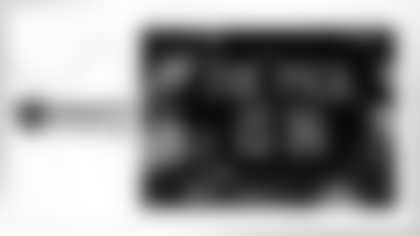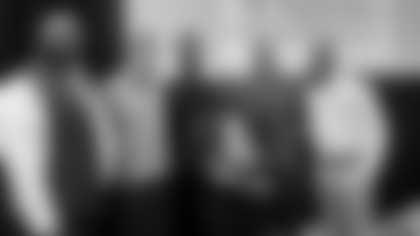Walter Payton was an all-state running back at Columbia High School in Mississippi. But he wasn't recruited by any SEC schools.
It wasn't because Payton lacked the ability to excel at the major college level. Or that he didn't possess the grades required to qualify for enrollment. It was simply because of the color of his skin. Even as recently as the early 1970s, SEC schools only offered scholarships to a limited number of Black students.
With few other opportunities, Payton headed to Jackson State University, a Historically Black College/University (HBCU) in Jackson, Miss., where he joined his older brother, Eddie, on the football team.
The future Bears star enjoyed an outstanding college career, rushing for 3,600 yards and a school-record 63 touchdowns. He was named Black College Player of the Year in each of his final two seasons at Jackson State.
As a sophomore in 1972, Payton set a SWAC single-game scoring record with 46 points, rushing for seven touchdowns and a pair of two-point conversions in a 72-0 drubbing of Lane College. He also set a school record with 279 rushing yards in the game. Payton rushed for a school-record 24 TDs as a junior in 1973 and ran for 19 touchdowns as a senior in 1974. He graduated in 1975 with a Bachelor's degree in Communications.
In his autobiography, "Never Die Easy," Payton discussed the impact that attending Jackson State had on his life.
"I've always said that the best thing that happened to me was going to a school like Jackson State," Payton wrote. "I am really glad that it worked out that way, that schools such as Alabama or Mississippi State or Louisiana State didn't recruit me. Obviously I do not support the reason why those schools wouldn't recruit me; the idea that they didn't want black kids to attend or play at their schools was reprehensible. They turned their back on so many great kids and great players. They really denied people opportunities they deserved. But I needed a school like Jackson State to keep my feet planted."
Payton credited Jackson State coach Bob Hill with maintaining his humility and hunger as a player and person.
"He kept it real," Payton wrote. "I don't care how good you were, you were treated like everybody else. You weren't put on a pedestal by Bob Hill. It is why I am so happy that I went to a school like Jackson State and met a man such as Bob Hill. Coach Hill's whole focus helped make me. I don't know exactly how coach Hill felt about me, but when I was there I always felt like a son. I had that special kind of relationship with him. I always, always knew that he had my best interests in mind when he made decisions."
Payton was selected by the Bears with the fourth pick in the 1975 draft. He played his entire 13-year NFL career in Chicago, retiring following the 1987 season as the league's all-time leading rusher with 16,726 yards. While that record was eventually eclipsed by Emmitt Smith, Payton is still widely considered the greatest player in Bears history. He was enshrined in the Pro Football Hall of Fame in 1993, the College Football Hall of Fame in 1996 and the Black College Hall of Fame in 2010.
Sadly, Payton passed away Nov. 1, 1999 at the age of 45 due to bile duct cancer. But he remains an all-time Chicago icon.
Dent also was an HBCU product
Payton isn't the only Bears Super Bowl XX champion and Pro Football Hall of Famer who was drafted by the team from an HBCU.
Defensive end Richard Dent was a two-time All-American at Tennessee State from 1979-82, setting sack records for a career with 39.5 and a single game with 4.5 in 1982. He also recorded 158 tackles and six fumble recoveries during his college career.
Selected by the Bears in the eighth round of the 1983 draft, Dent played 12 of his 15 NFL seasons in Chicago and remains the Bears' all-time leader with 124.5 sacks. He led the NFC with a Bears-record 17.5 sacks in 1984 before recording a league-leading 17 sacks in 1985 in helping the Bears win their first NFL title in 22 years. The 6-5, 265-pounder registered 10 or more sacks in five straight seasons from 1984-88 and in eight of 10 years from 1984-93.
Dent was inducted into the Pro Football Hall of Fame in 2011. His official presenter at the ceremony in Canton was his former defensive coordinator at Tennessee State, Joe Gilliam Sr.
"I've been around football all of my life and Richard Dent was relentless and I don't believe you can teach relentlessness," Gilliam said in presenting Dent for enshrinement. "Richard honed in like a guided missile."
During Dent's speech, he lauded Gilliam and the impact the coach had on him.
"You don't meet this kind of person too often," Dent said. "I used to hate this person, but I learned to love him. You know what I mean? I learned to love him because he shaped me and he made things work for me. Coach, thank you. Coach, thank you. Thank you."
In honor of Black History Month, writer Nathan Smith ranks the top 10 NFL players who played for a Historically Black College or University, including two Bears legends.
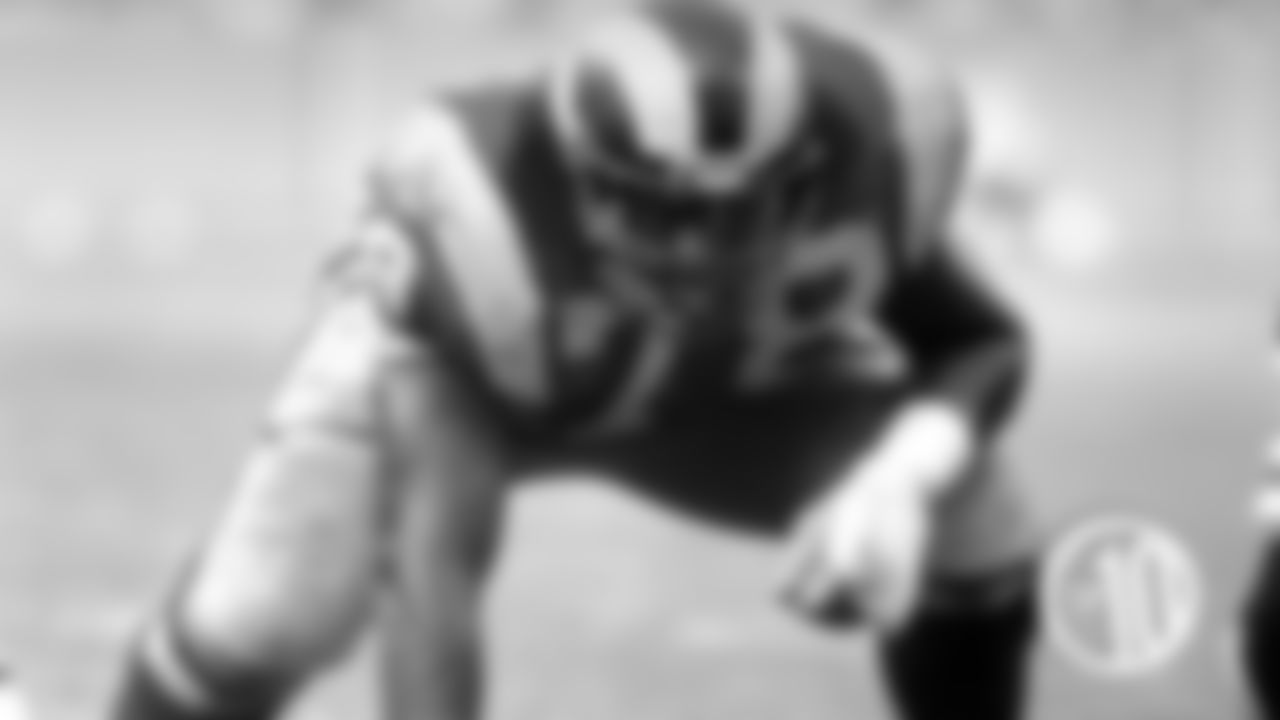
10. Jackie Slater - Jackson State
A college teammate of Walter Payton (and Hall of Fame linebacker Robert Brazile), Slater outlasted his Jackson State comrades in the NFL by nearly a decade. Slater went to seven Pro Bowls and helped pave the way for Eric Dickerson to have one of the best four-year runs by an NFL running back.
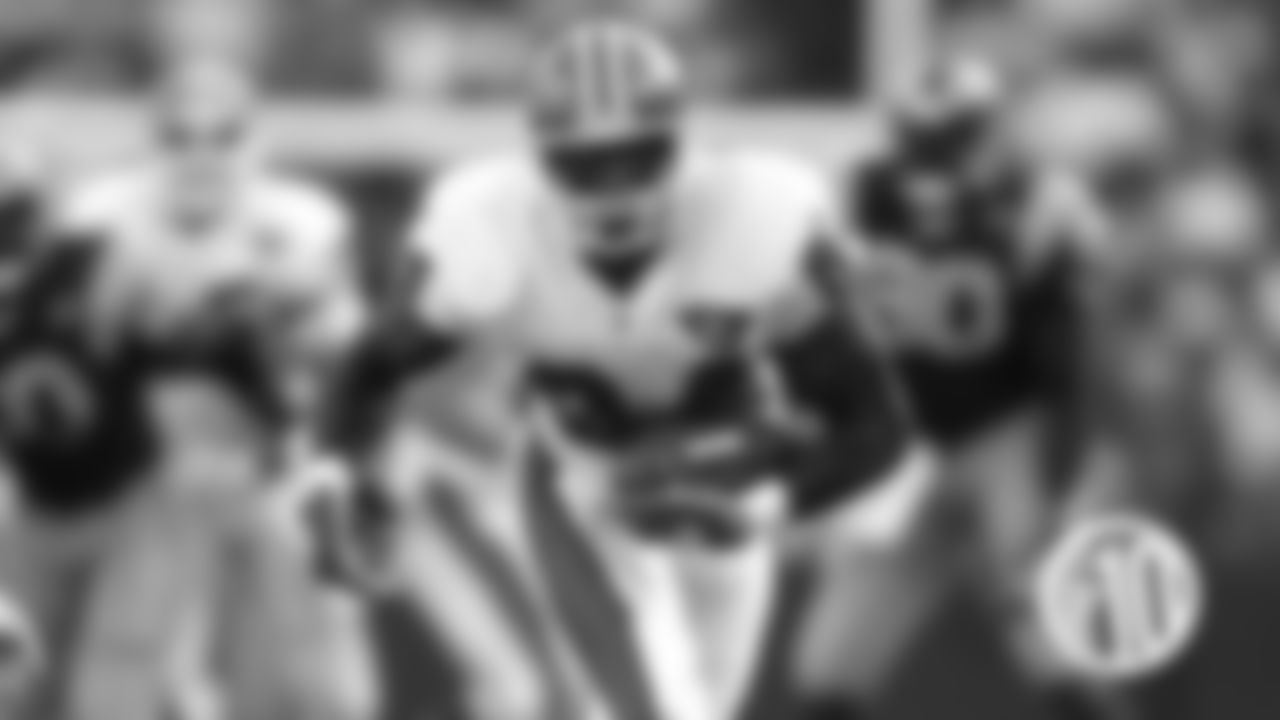
9. Shannon Sharpe - Savannah State
Sharpe burst out of the shadow of his older brother, five-time Pro Bowl receiver Sterling Sharpe, to become one of the league's premier tight ends. He went to eight Pro Bowls and won three Super Bowls with the Denver Broncos and Baltimore Ravens.
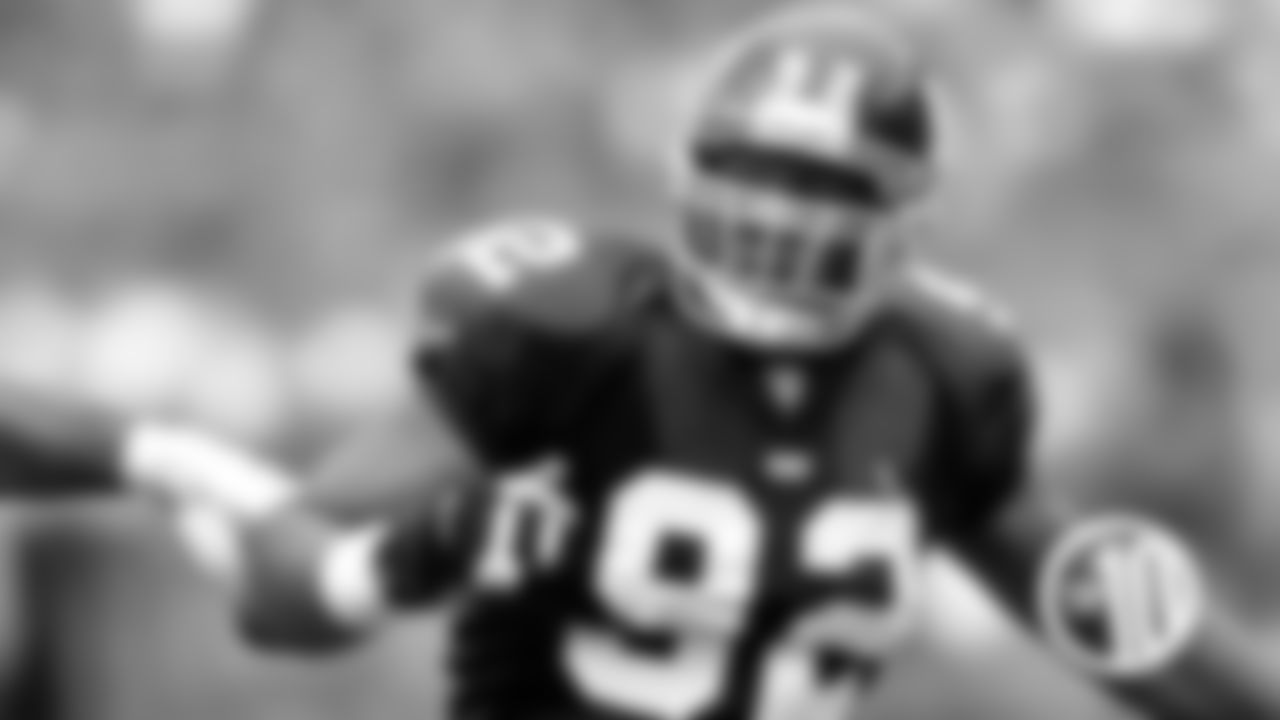
8. Michael Strahan - Texas Southern
Strahan took home DPOY honors in 2001 and helped the Giants pull off arguably the biggest upset in NFL history against the 18-0 Patriots in 2008. His 22.5 sacks in the 2001 season remains the highest single-season total in league history.
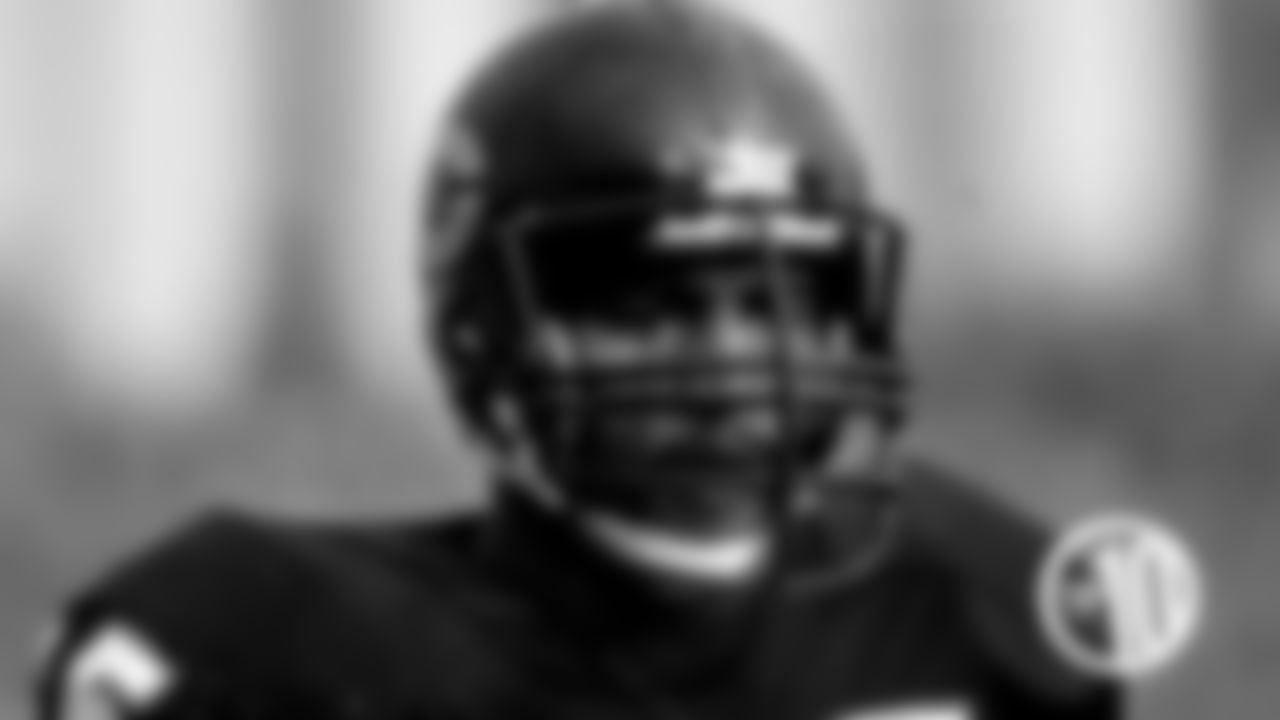
7. Richard Dent - Tennessee State
One of three starters on the 1985 Bears to have attended an HBCU (Walter Payton and Leslie Frazier being the other two), Dent went to four Pro Bowls and retired with third-most career sacks in NFL history.
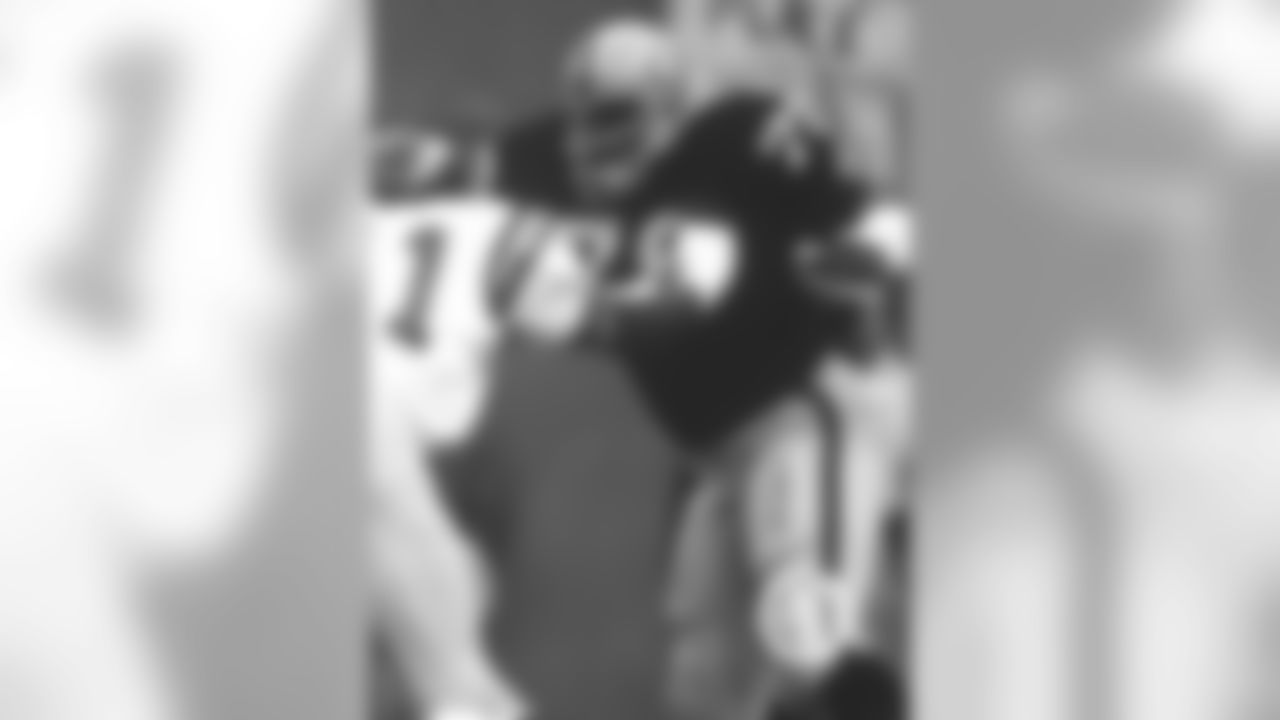
6. Art Shell - Maryland State (now Maryland-Eastern Shore)
Shell went to eight Pro Bowls in 14 years with the Oakland/Los Angeles Raiders. More importantly, in 1989, he became the first African-American head coach in the NFL since the 1920s.
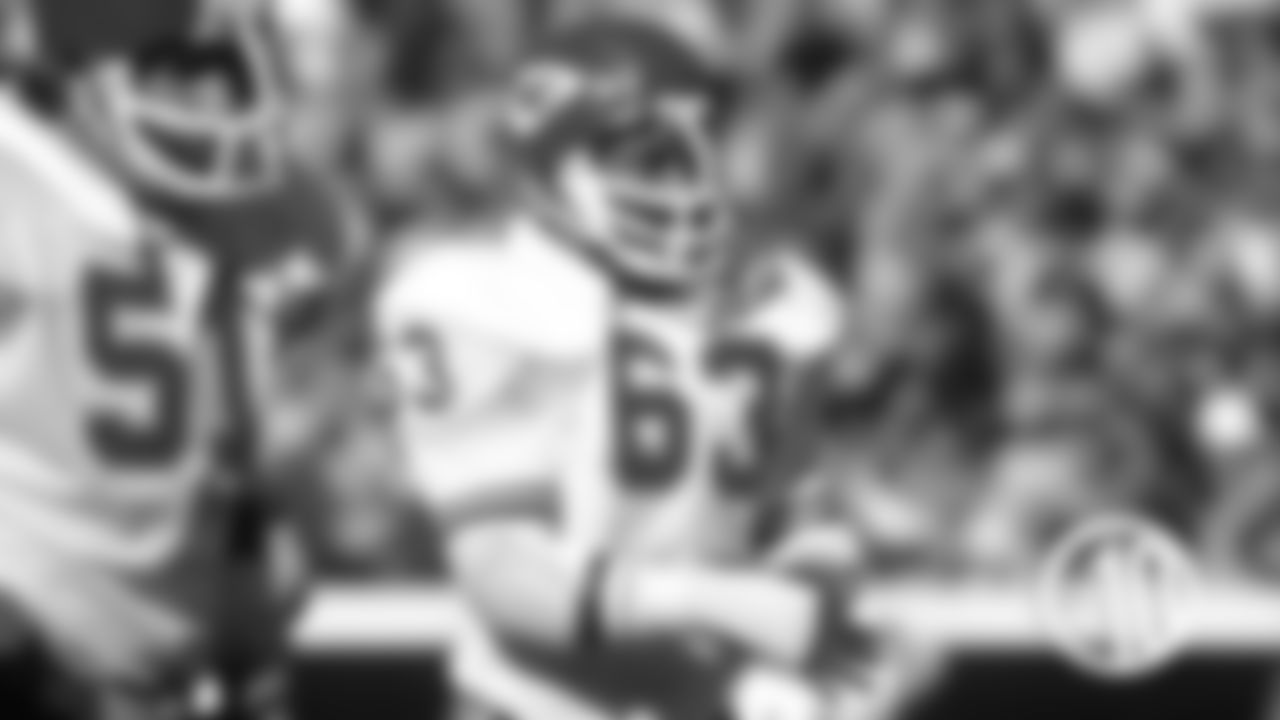
5. Willie Lanier - Morgan State
The Chiefs drafted Lanier in the aftermath of their loss in Super Bowl I. Three years later, Lanier would lead them to victory in the big game. Lanier was named All-Pro eight times, and wore a padded helmet to protect the victims of his explosive tackles.
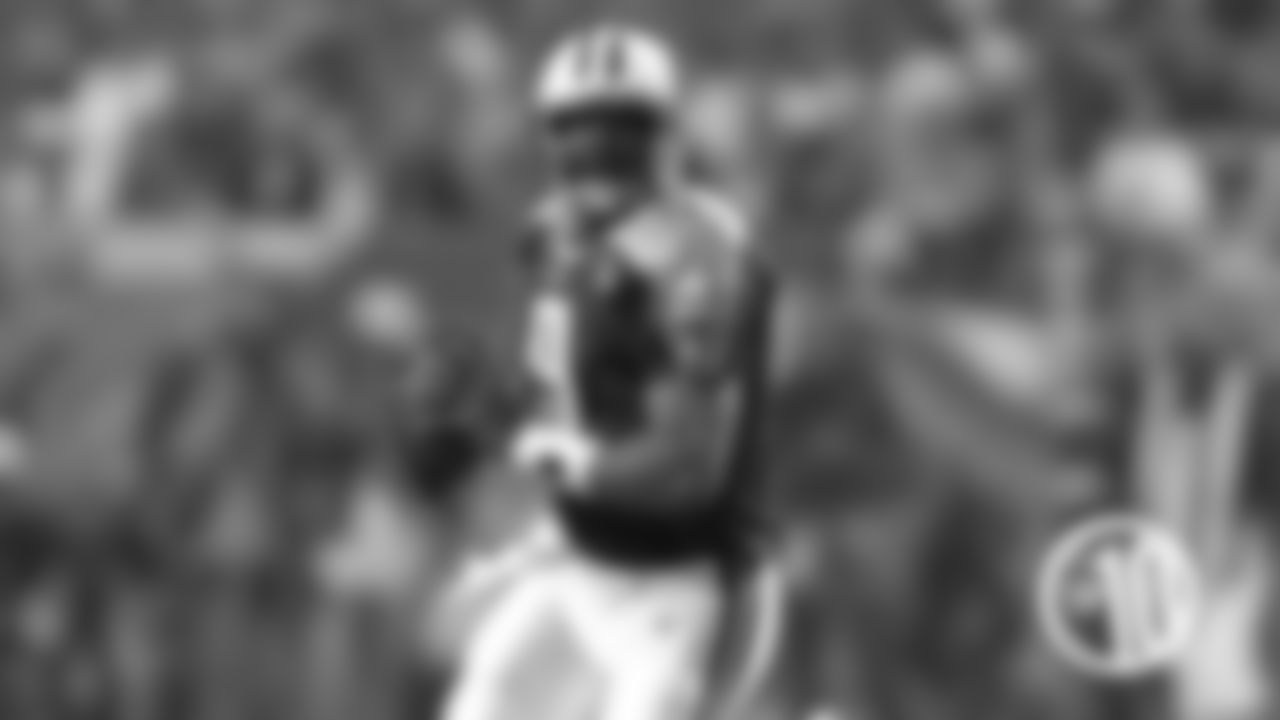
4. Steve McNair - Alcorn State
McNair's time at Alcorn State ended with him winning the Walter Payton Award and finishing third in Heisman voting. As a pro, McNair led the Titans to a Super Bowl appearance in 1999 and won the MVP in 2003.
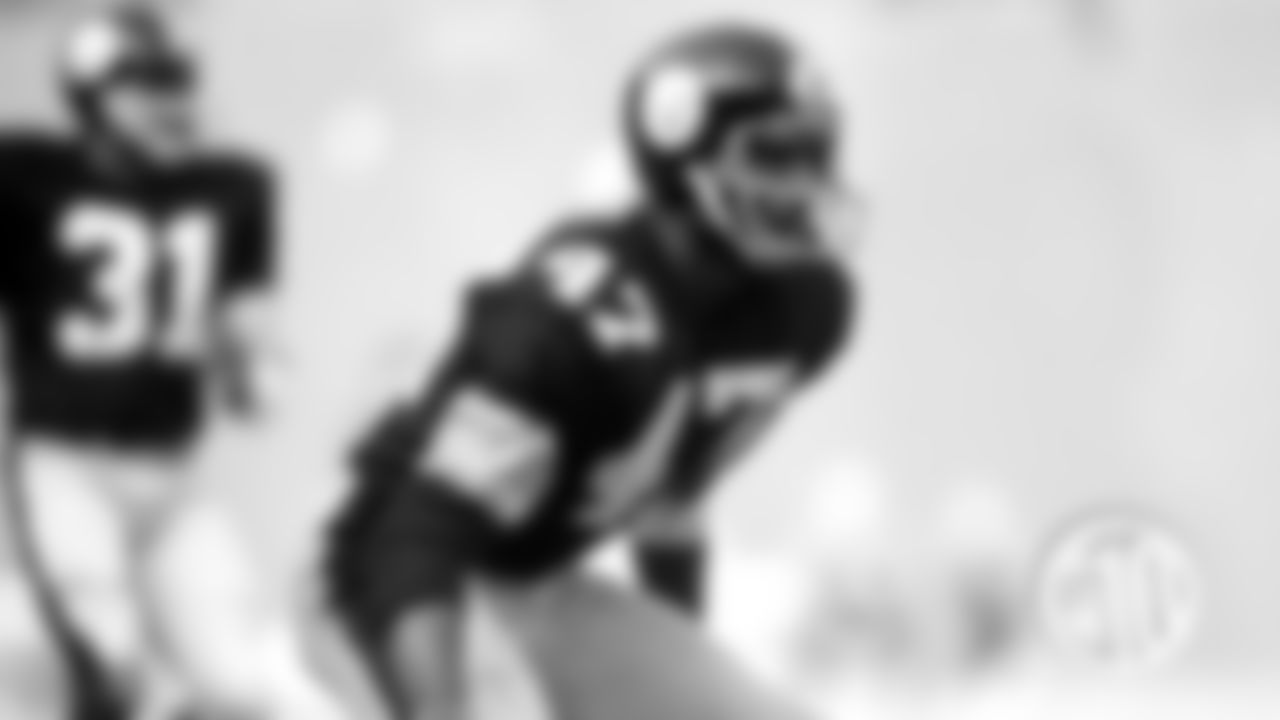
3. Mel Blount - Southern University
As a big cornerback in an era with a lax definition of pass interference, Blount was a key cog in the Pittsburgh Steelers dynasty that won four Super Bowls in six years. Individually, Blount went to five Pro Bowls and was named the DPOY in 1975.
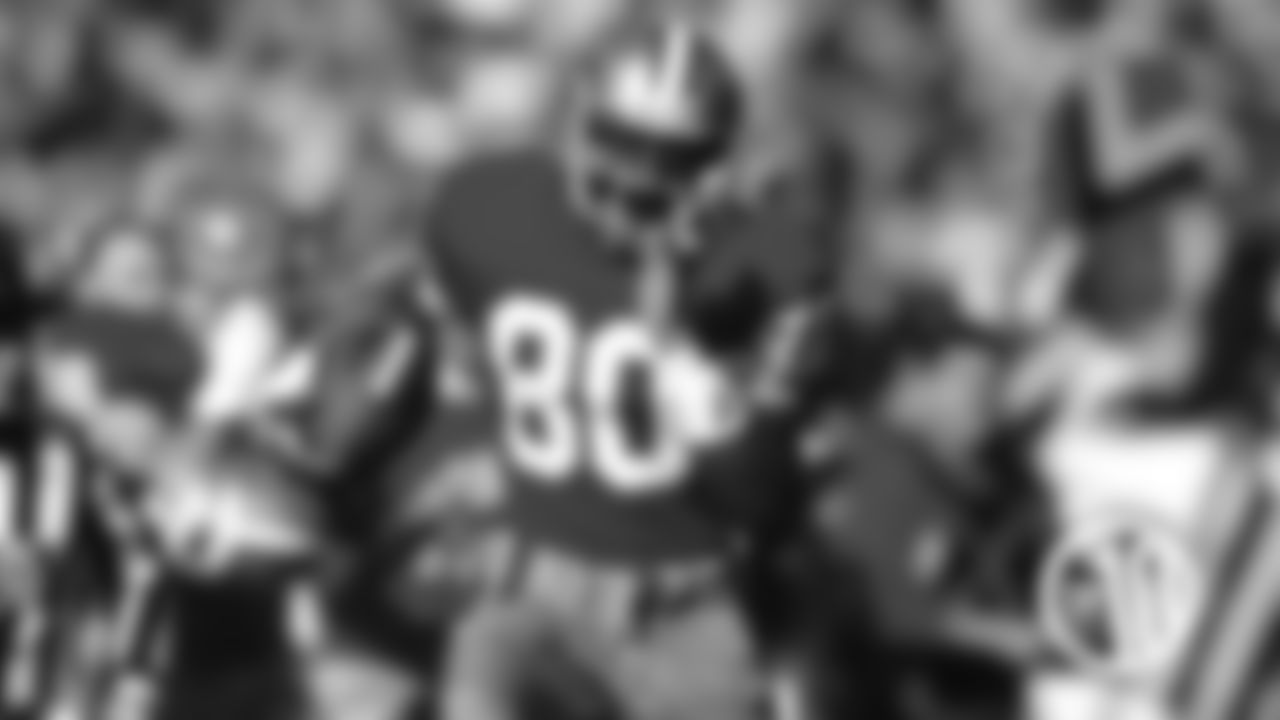
2. Jerry Rice - Mississippi Valley State
There's a wide gulf between Rice and whoever you consider the second-best receiver in NFL history. Rice led the league in receiving yards and touchdowns six times a piece.
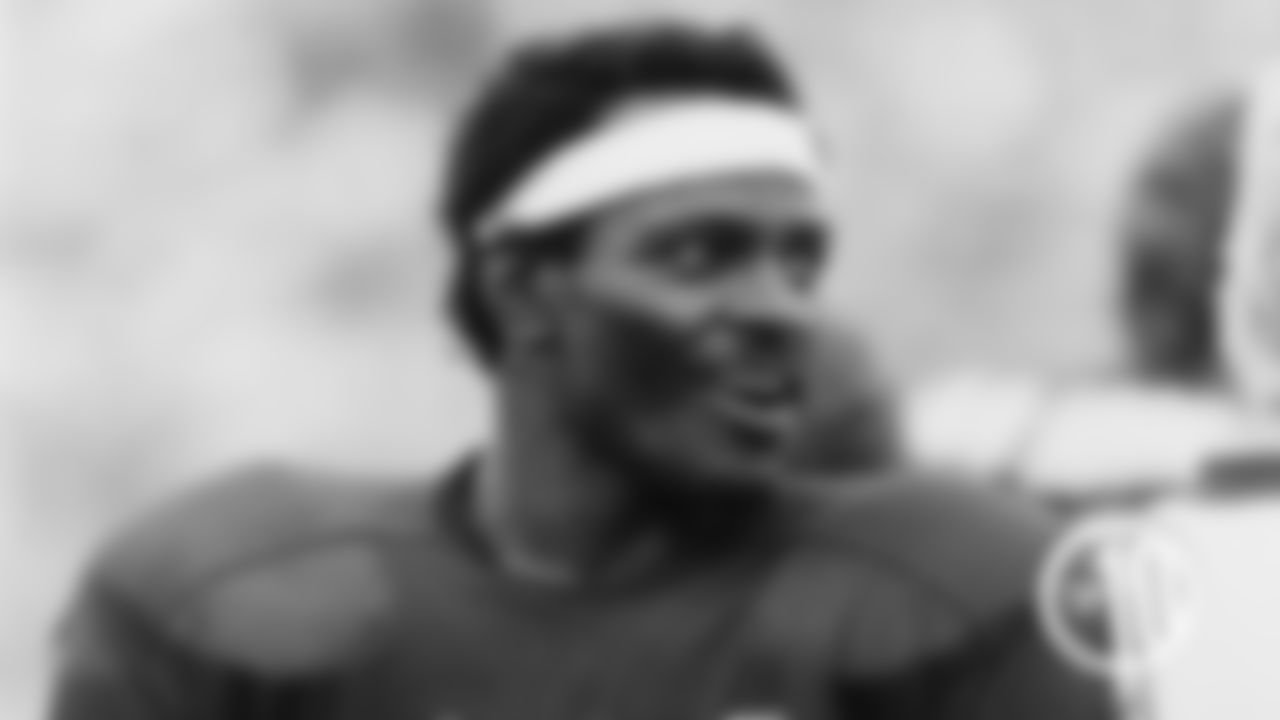
1. Walter Payton - Jackson State
Payton left college as the template for Division 1-AA/FCS success. He retired as the NFL's all-time leading rusher and is the centerpiece of the Bears' 101-year history.
Frazier, Big Cat attended HBCUs as well
Other HBCU products who have played for the Bears include cornerback Leslie Frazier (Alcorn State) and right tackle James "Big Cat" Williams (Cheyney State), both of whom were signed as undrafted free agents.
Frazier, who is currently the Buffalo Bills defensive coordinator, appeared in 65 games with 49 starts in five seasons with the Bears from 1981-85, registering 20 interceptions—returning two for touchdowns. Frazier sustained a knee injury in Super Bowl XX that ended his playing career at the age of 26.
Williams played in 166 games with 143 starts in 12 seasons with the Bears from 1991-2002, earning one Pro Bowl selection in 2001. He was converted from defensive line to offensive tackle as a rookie.
Cohen, Simmons represent HBCUs
Two current Bears players attended HBCUs: running back Tarik Cohen (North Carolina A&T) and offensive lineman Lachavious Simmons (Tennessee State).
Cohen went to North Carolina A&T because it was the only school that offered him a scholarship. He soon made the colleges that ignored him regret their decision. Nicknamed "The Human Joystick" because of his video game-like running style, Cohen became the MEAC's all-time leading rusher with 5,619 yards on 868 carries. A four-time all-conference selection who was voted the conference offensive player of the year as a junior in 2015, he rushed for 1,148, 1,340, 1,543 and 1,588 yards in his four seasons.
Cohen set all-time school records with 6,564 all-purpose yards and 61 touchdowns—with 56 coming on runs, three on receptions and two on passes. He also averaged 6.5 yards per carry, caught 98 passes for 945 yards and competed on North Carolina A&T's track team as a sprinter.
Cohen was selected by the Bears in the fourth round of the 2017 draft. In four seasons, he has appeared in 51 games with 22 starts, rushing for 1,101 yards and five touchdowns on 264 carries and catching 209 passes for 1,575 yards and nine TDs. He has also thrown two touchdown passes and averaged 10.3 yards with one TD on 96 punt returns and 20.9 yards on 30 kickoff returns.
Cohen excelled in 2018, helping the Bears win the NFC North with a 12-4 record. He rushed for 444 yards and three touchdowns on 99 carries and caught a team-leading 71 passes for 725 yards and five TDs. In the process, he became only the second player in league history to gain at least 500 yards via rushing, receiving, punt returns and kickoff returns in his first 25 games. Cohen was also named first-team All-Pro and voted to the Pro Bowl as a punt returner after leading the NFL with 411 punt return yards.
In 2019, Cohen rushed for 213 yards on 64 carries and caught a career-high 79 passes for 456 yards and three touchdowns. He signed a three-year contract extension through 2023 this past Sept. 20. Unfortunately, Cohen was lost for the season a week later when he sustained a torn ACL in a win over the Falcons. But he's expected to be ready to return for the start of training camp.
Simmons, meanwhile, was the only HBCU player chosen in the 2020 NFL Draft.
"I take a lot of pride in that because I'm glad I can continue the tradition of HBCU players getting drafted," said Simmons, who was selected by the Bears in the seventh round. "It's an honor to be the only player this year. But there's so much talent at HBCUs. There were plenty of other guys who deserved to be drafted."
Last year marked the first time since 2012 that only one HBCU player was drafted. Three were chosen in 2018 and four were picked in 2019.
Restrictions resulting from the coronavirus certainly didn't help. Due to COVID-19, a combine for HBCU players scheduled for late March in Miami was canceled. In addition, prospects were prohibited from visiting NFL facilities and scouts were not permitted to meet with players at their colleges.
Simmons feels that he's representing all HBCU players. He's also proud to be a native of Selma, Ala., a historic city that was instrumental in the Civil Rights Movement in the 1960s.
On March 7, 1965, about 600 civil rights marchers left Selma heading east toward Montgomery, the state capital. After they crossed the Edmund Pettus Bridge, they were attacked by sheriff's deputies and state troopers—a day that subsequently became known as "Bloody Sunday."
Two weeks later, Martin Luther King Jr. led a march over the bridge to Montgomery. Along the 50-mile trek, the group grew from 3,200 to 25,000. The marches helped generate public support for the civil rights movement, leading to the U.S. Congress passing the Voting Rights Act of 1965.
"I take great pride in being from Selma," Simmons said. "I love my city. Every year we have the Jubilee festival to remember those who marched across the bridge and I always attend the event. There's a great pride in being from here."







